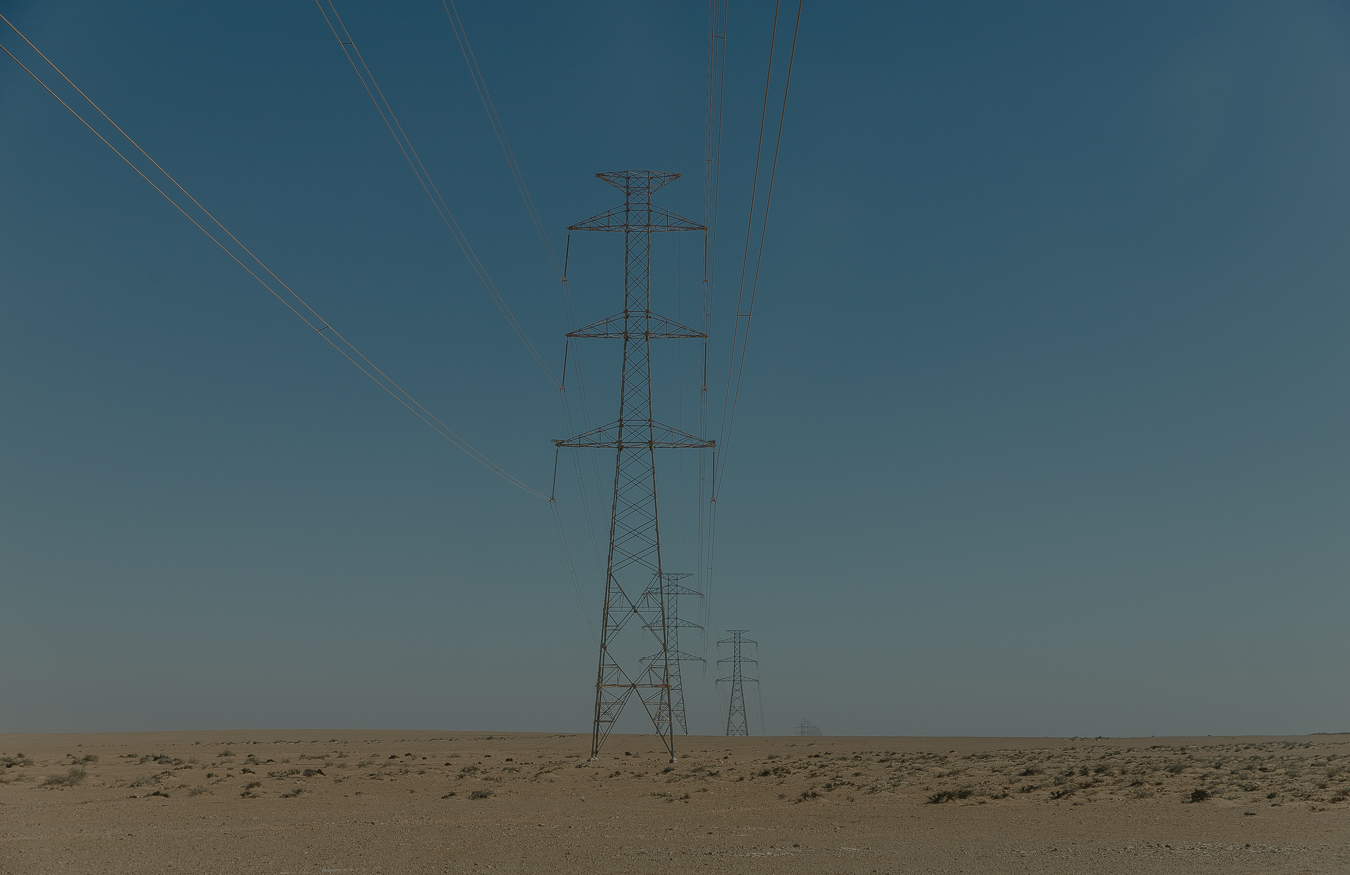
Swedish company S2H2+Bm Concept AB has so far refused to clarify whether its planned green hydrogen plant will be located in Morocco proper or in occupied Western Sahara.
Since 2023, both international specialist outlets and Moroccan media have reported that S2H2+Bm intends to establish a green hydrogen facility in Morocco. The company aims to supply 5% of the EU’s projected 2035 imports of green hydrogen and its derivatives.
In its latest white paper published in mid-2025, S2H2+Bm refers to “an application for land allocation under the Moroccan government’s offer” and notes that Morocco has “indicated that our application is well placed”. The document provides no indication of whether this “land allocation” would be within Morocco’s internationally recognised borders or in the territory of Western Sahara, which Morocco occupies in violation of international law.
Western Sahara Resource Watch (WSRW) and its Swedish partner association Artikel2 wrote to S2H2+Bm on 5 September 2025, asking for clarification on the project’s location.
The company has not replied.
This silence contrasts with S2H2+Bm’s earlier correspondence from December 2023, when it stated that it had “not discussed anything about the location of the planned green hydrogen plant with anyone except for the Moroccan government” and would not do so “until it is decided, signed and sealed”. At the time, the firm said that “optimal PVPP” conditions - referring to solar and wind potential - would guide its site selection. WSRW had written to them on 20 December 2023.
Since that exchange, the Moroccan government launched its framework for developing the national green hydrogen sector, branded the “Moroccan Offer”, in March 2024. The document includes a map that highlights the areas with the highest potential for green hydrogen production: all of occupied Western Sahara and some smaller pockets of land in the south of Morocco proper. This raises concern that S2H2+Bm’s project could be planned in the occupied territory.
Given Morocco’s ongoing efforts to integrate Western Sahara into its renewable energy expansion, S2H2+Bm’s refusal to clarify its plans is troubling. Any project established in the occupied territory under Moroccan agreements would risk contravening international law and endorsing Morocco’s unlawful occupation.
International courts and the United Nations have repeatedly confirmed that Western Sahara is a non-self-governing territory, separate and distinct from Morocco. Morocco has no sovereignty or administering mandate over the territory, and all economic activities there require the consent of the Saharawi people, represented by the Polisario Front.
WSRW and Artikel2 have urged S2H2+Bm to adopt a clear, principled stance excluding operations in Western Sahara and to ensure its green hydrogen plans fully align with international law and human rights standards.
As of end of November 2025, no reply has been received.
Since you're here....
WSRW’s work is being read and used more than ever. We work totally independently and to a large extent voluntarily. Our work takes time, dedication and diligence. But we do it because we believe it matters – and we hope you do too. We look for more monthly donors to support our work. If you'd like to contribute to our work – 3€, 5€, 8€ monthly… what you can spare – the future of WSRW would be much more secure. You can set up a monthly donation to WSRW quickly here.
US eyes minerals in occupied Western Sahara
Seeking to position itself as a key supplier of strategic minerals for Western powers, Morocco has signed a new agreement with the United States that covers Western Sahara’s waters and the critical minerals harboured there.
TAQA-Moeve obtains land in occupied Western Sahara
Morocco’s push for green hydrogen has taken a decisive step forward - on territory it does not legally own.
EU-Morocco Statement: autonomy without self-determination, law without lawfulness
A joint statement that came out of last week’s EU-Morocco Association Council asks readers to believe in a fiction: that an undefined autonomy plan imposed by an occupying power can satisfy the right to self-determination, and that respect for international law can coexist with the systematic ignoring of the EU’s own highest court.
Greenland Yes, Western Sahara No? The EU’s self-determination test
As the European Union rightly rallies behind Greenlanders’ right to decide their own future in the face of external pressure, a test of the EU’s real commitment to self-determination is quietly unfolding in Brussels.



